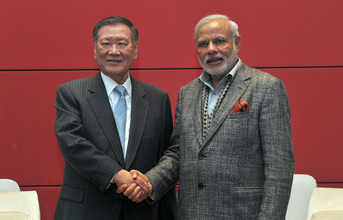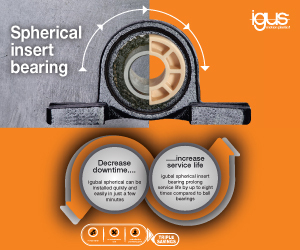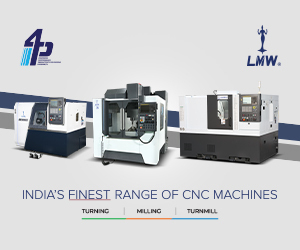
During PM Narendra Modi's just concluded three nation tour, when he met the Hyundai Motor Group's Chairman Mong-Koo Chung, they had a fine exchange of ideas on Korea-India's cooperation and mutual development in the auto industry.
Modi proclaimed how his promotion of market-friendly policies to boost growth in India's economy has led to the increase in the auto industry's annual sales by 3.2 per cent. Under his strong leadership, this year sales is projected to be 2.74 million units, a 7.8 per cent increase from last year.
Hyundai Motor, in its first year in the market, ranked second among the car brands in India. It continued to launch strategic models specifically targeting India and now leads the market by selling 400,000 vehicles annually.
The Indian plant can currently produce up to 650,000 units operating on three shifts and improving the UPH (unit per hour) within its two plants.
Chairman Chung mentioned, "Hyundai Motor's Chennai plant is a symbol of Korea-India economic cooperation and I thank the Indian government for its support in Hyundai Motor's growth in the Indian Market."
Chairman Chung commented "I hope in the future Hyundai Motor Group will be able to continue its cooperation with India in other areas such as construction and railway to play a more meaningful role in Korea-India's mutual economic development."
Hyundai Motor Group started its railway business in India with Hyundai Rotem securing its first order in 2001. By securing subsequent orders such as Bangalore and Hyderabad metro deals, Hyundai Motor Group has the largest market share in India's EMU market.
Continued to next page





































